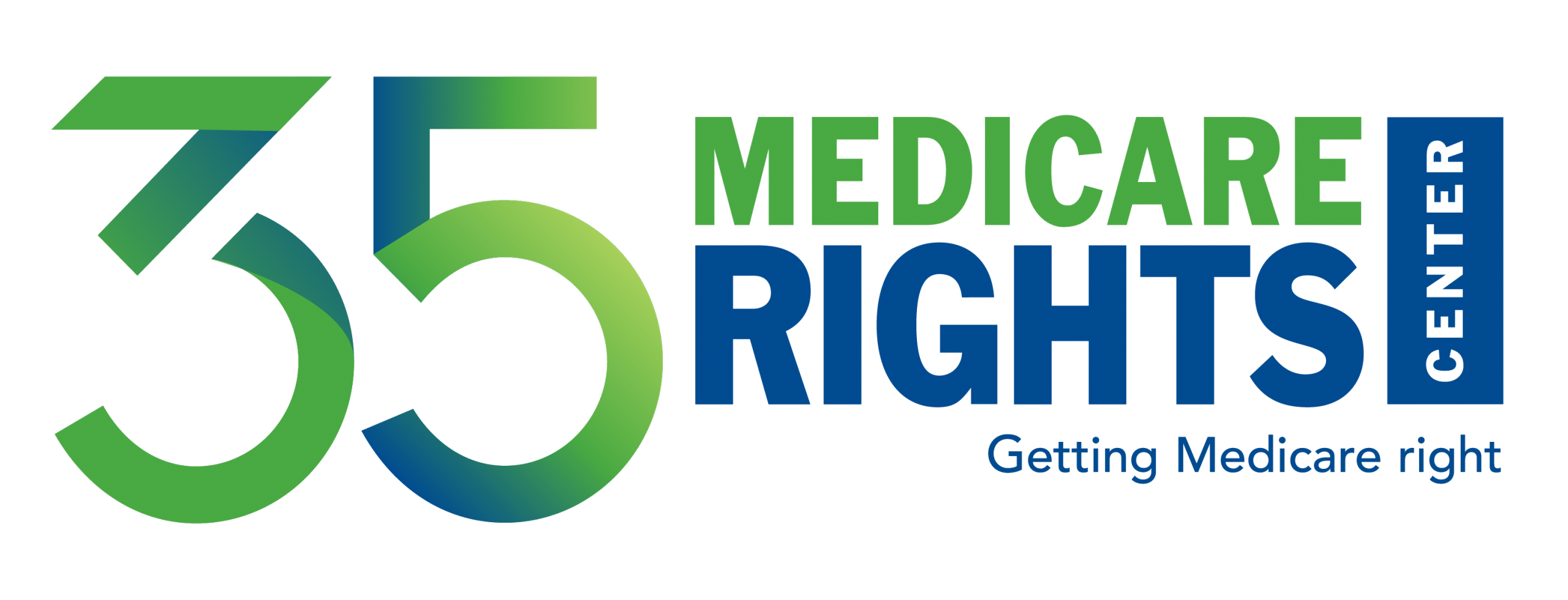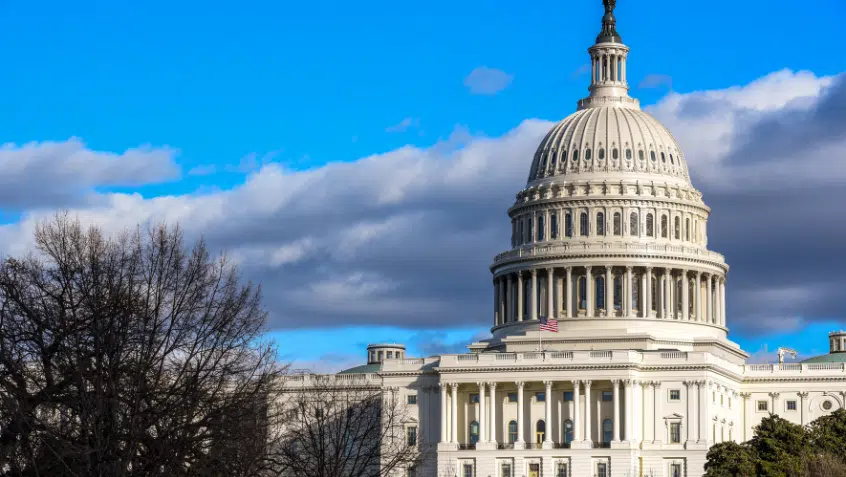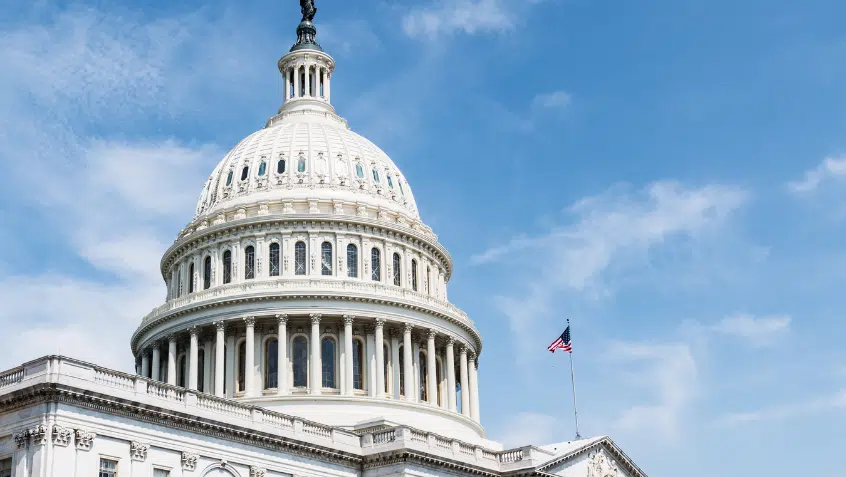
The Medicare Trustees recently issued their long-awaited 2021 report, finding the program’s financial status largely unchanged by the COVID-19 pandemic.
Released annually, the Trustee’s Report contains short- and long-term projections for Medicare’s Hospital Insurance (HI) trust fund, out of which Part A benefits are paid, and the Supplementary Medical Insurance (SMI) trust fund, which pays for Part B benefits and some Part D prescription drug coverage. The Medicare Advantage program (Part C) does not have a distinct funding source; it draws from the HI and SMI trust funds.
As in the prior two years, the 2021 report estimates the HI trust fund will be partially depleted by 2026. At that point, program income—which is primarily derived from payroll taxes—will be sufficient to pay 91% of total benefits. Because the SMI trust fund is financed through a combination of premiums and general revenue amounts that change each year to reflect projected spending, it will continue to meet expected costs.
There are several ways policymakers could extend the HI trust fund, such as slowing cost growth, raising revenues, or both. However, any efforts to fill the gap in Medicare Part A financing must not put beneficiaries at risk, including by reducing their coverage or significantly raising their costs.
Already, most Americans cannot afford to pay more for their earned Medicare benefits. Half of all people with Medicare live on $29,650 or less per year, while one-quarter have less than $8,500 in savings. And health care costs can take up a disproportionate share of their limited budgets. In 2016, nearly 30% of Medicare households spent 20% or more of their income on health care, while only 6% of non-Medicare households did so. With health-related expenses projected to consume a greater share of beneficiaries’ income over time, policymakers must act swiftly to improve the program and its affordability.
The forthcoming budget reconciliation bill presents lawmakers with an historic opportunity to do just that. We urge Congress to include commonsense health care reforms—like lowering prescription drug prices and costs, filling gaps in coverage, and easing access to low-income assistance programs—in the legislation. Enacting these policies would strengthen Medicare as well as the health and economic security of those who rely on its coverage.
With final decisions about that bill expected soon, now is the time to weigh in! Tell Congress to seize this opportunity to make transformational improvements and lasting change.
Read the 2021 Trustees Report.
Read more about our budget reconciliation priorities and weigh in today.
The Latest
Most Read
Incremental Expansion of Dental Coverage in Medicare Continues Under Biden Administration
2025: A Year of Old Threats and New Opportunities
Medicare Rights Urges Congress to Strengthen Medicare and Medicaid in Year-End Legislation
New Legislation Will Improve Medicare Access and Affordability for Low-Income New Yorkers
Add Medicare to Your Inbox
Sign up to receive Medicare news, policy developments, and other useful updates from the Medicare Rights.
View this profile on InstagramMedicare Rights Center (@medicarerights) • Instagram photos and videos










